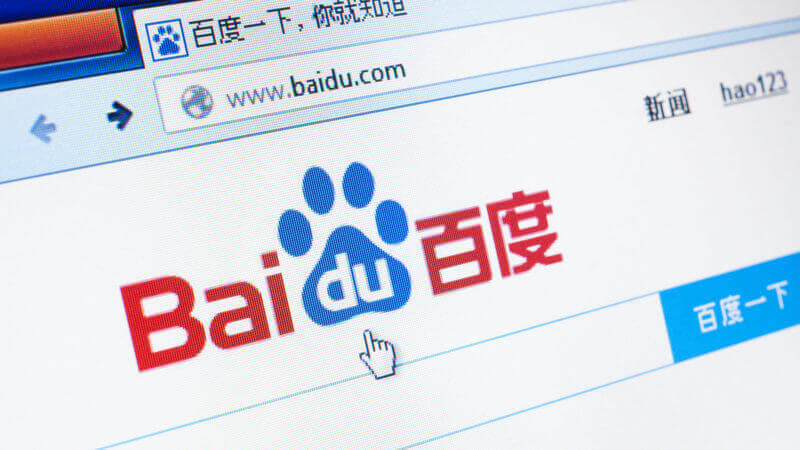Skip To...
Did you know that some tech-savvy people have never heard of impossibly popular tech platforms like Facebook and Twitter? Yes. Some of our friends over in China haven’t even the faintest idea what they are. Facebook? Twitter? What might those be? Names of certain sea plants or something?
Well, they don’t know because one: these networks are not available in China, and two: China has its own versions of these networks. In fact, for every hugely popular American tech app, China has an answer. And it looks like this: in place of Twitter, there’s Weibo and instead of Facebook, there’s Renren. In much the same way, Youku replaces YouTube and Baidu is China’s Google, etc.
But how did we get here?

Background: Facebook Vs China
In July 2009, China banned Facebook, along with YouTube, and Twitter for allegedly “aiding and abetting” rebellion. The tech networks were accused of failing to block independence activists from sharing information online.
The following year, Google voluntarily pulled out of China. Now, with these platforms gone, Chinese developers filled the void with their own versions. These versions quickly became very popular across China and beyond. And that development consolidated the Asian country’s position as a tech hotspot.
US and China Tech Battle
The US and China are in a constant battle for supremacy. And the tech industry is one of the main fronts of this battle. In June, Washington announced it was partnering with the European Union to ward off the growing Chinese tech competition.
The partnership “will focus on aligning our approaches to trade and technology so that democracies and not anyone else, not China or other autocracies, are writing the rules for trade and technology for the 21st century,” US National Security adviser, Jake Sullivan said.
In Conclusion
Although Facebook and other US networks aren’t enjoying China’s vast tech market, that hasn’t stalled their growth at all. Back in 2009, Facebook had just about 150 million active monthly users (MAUs). That number has since jumped to a whopping 2.85 billion MAUs (as of May 2021). And it’s a similar story with the other networks. But that makes the US-China tech battle for supremacy all the more interesting, doesn’t it?







